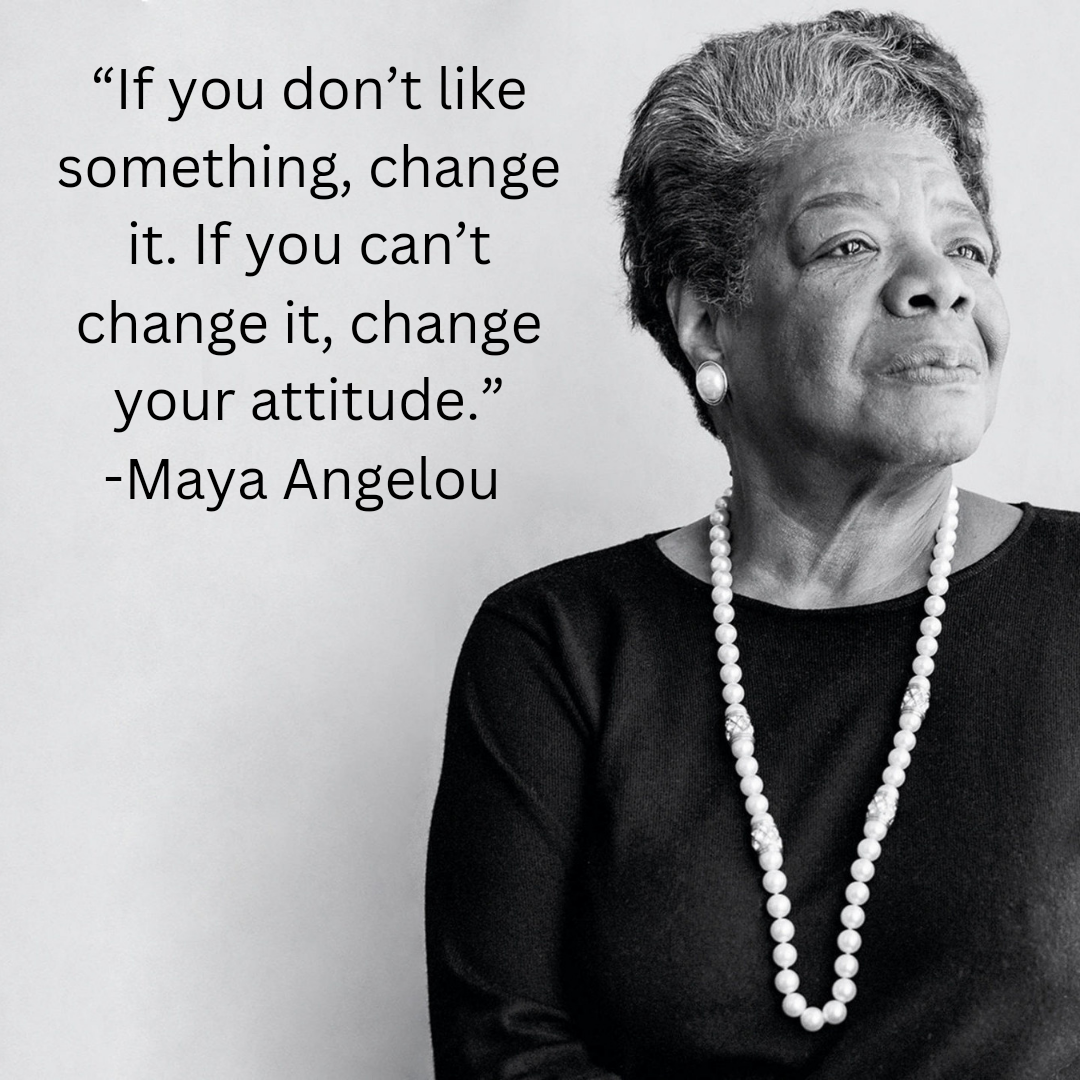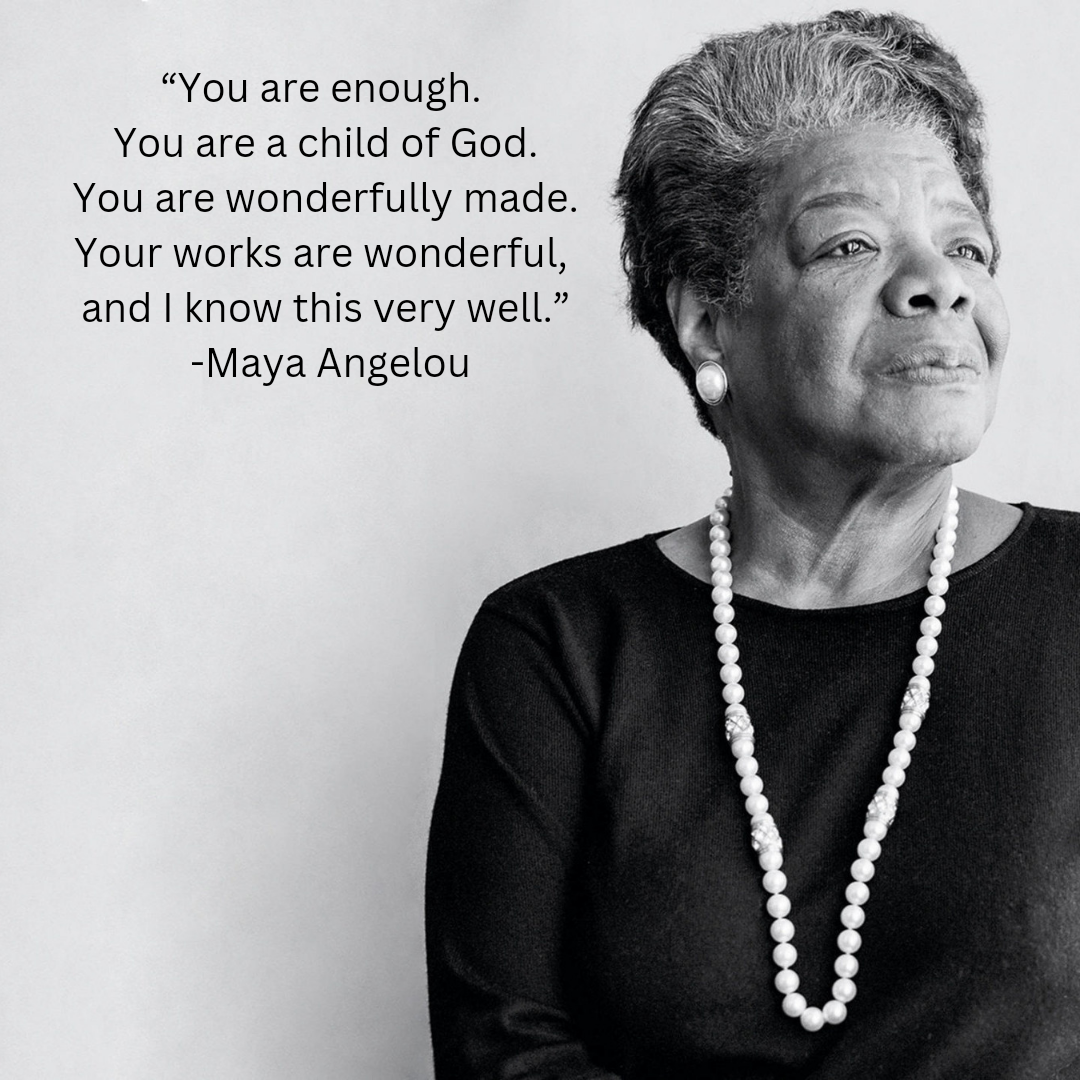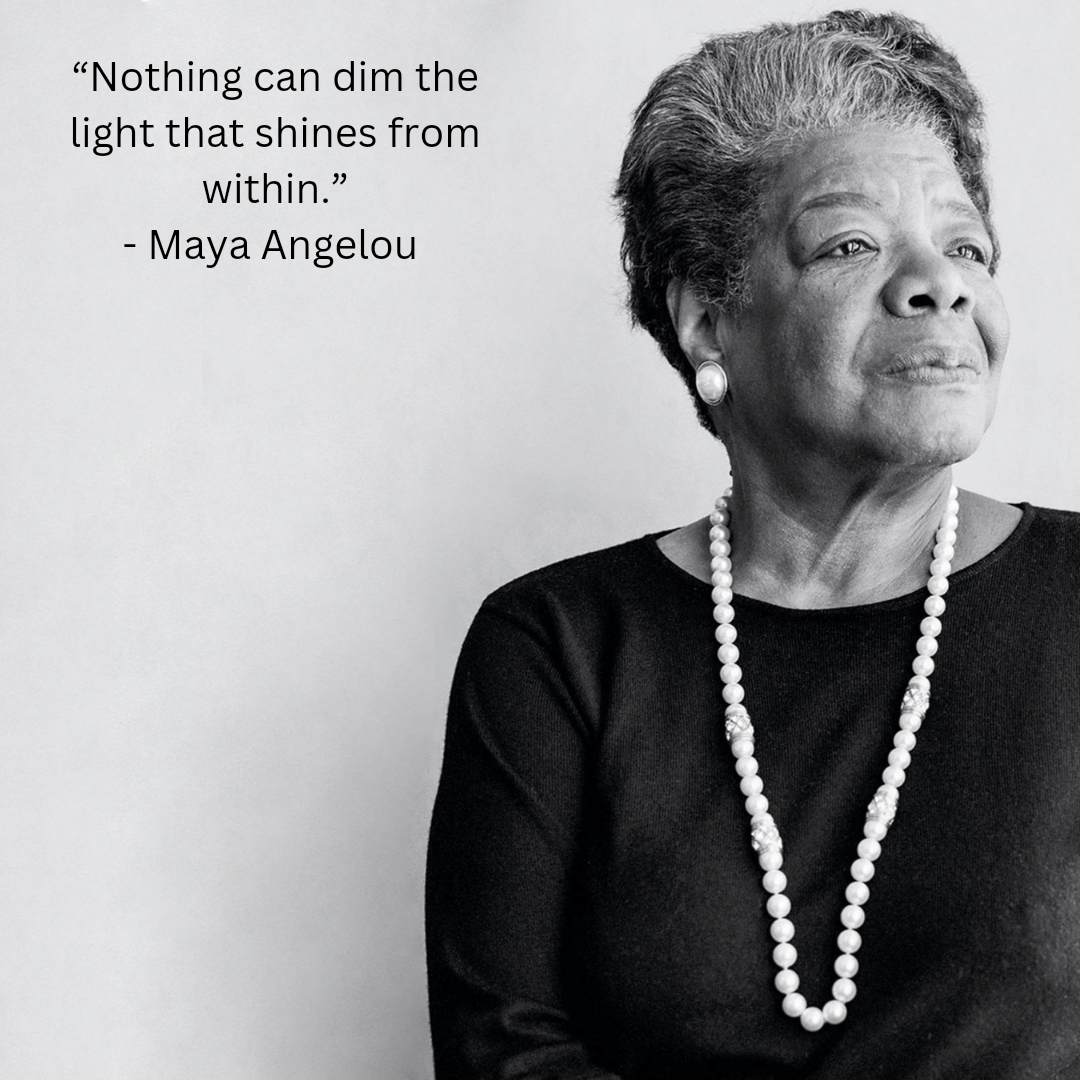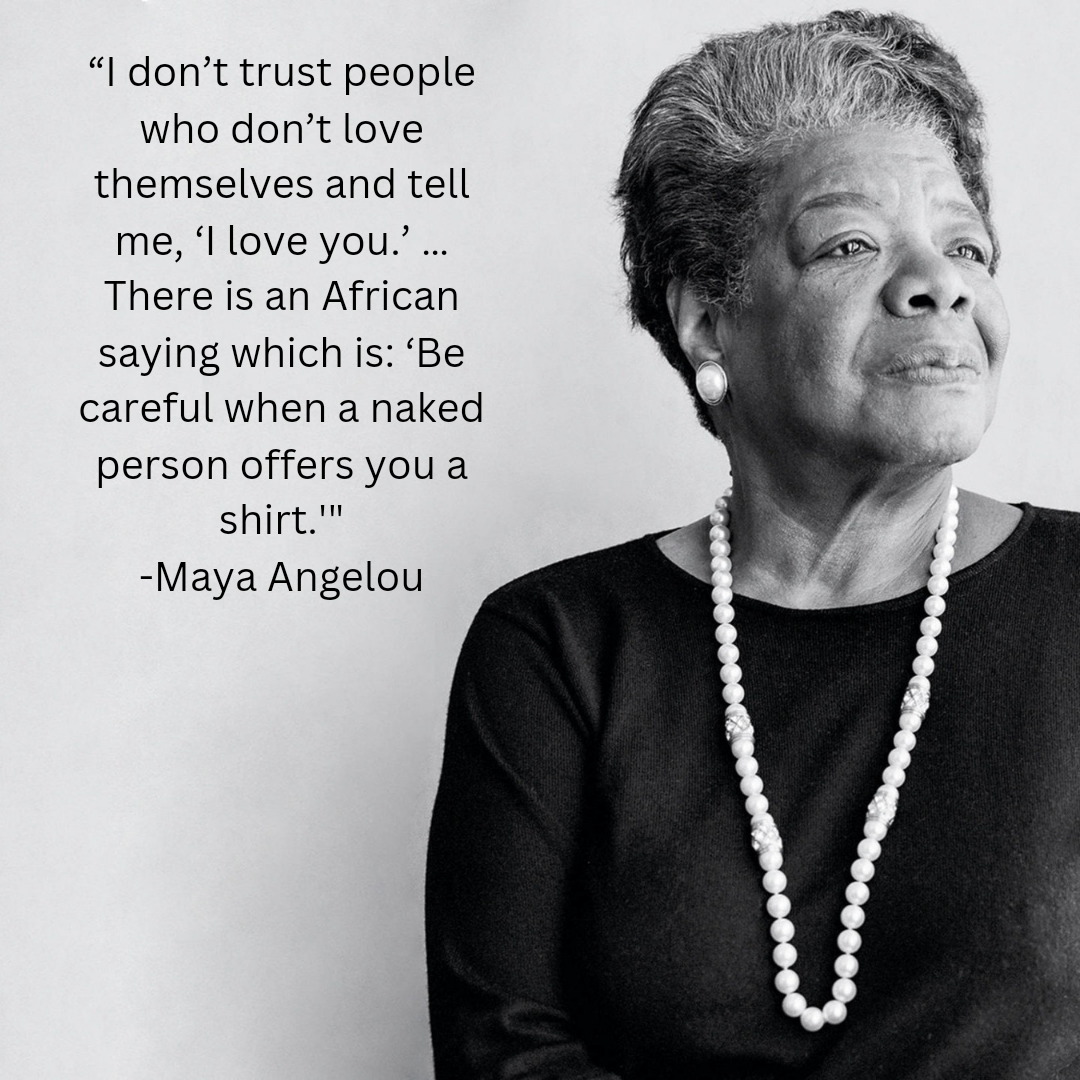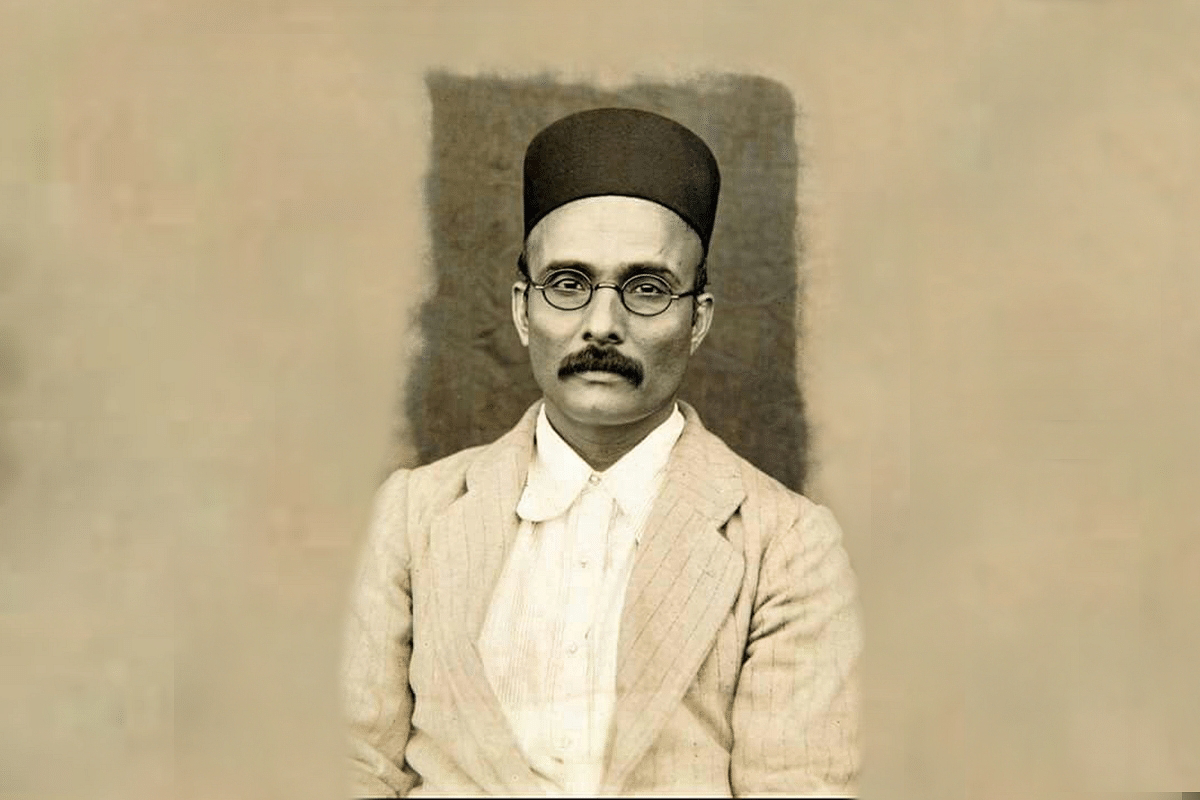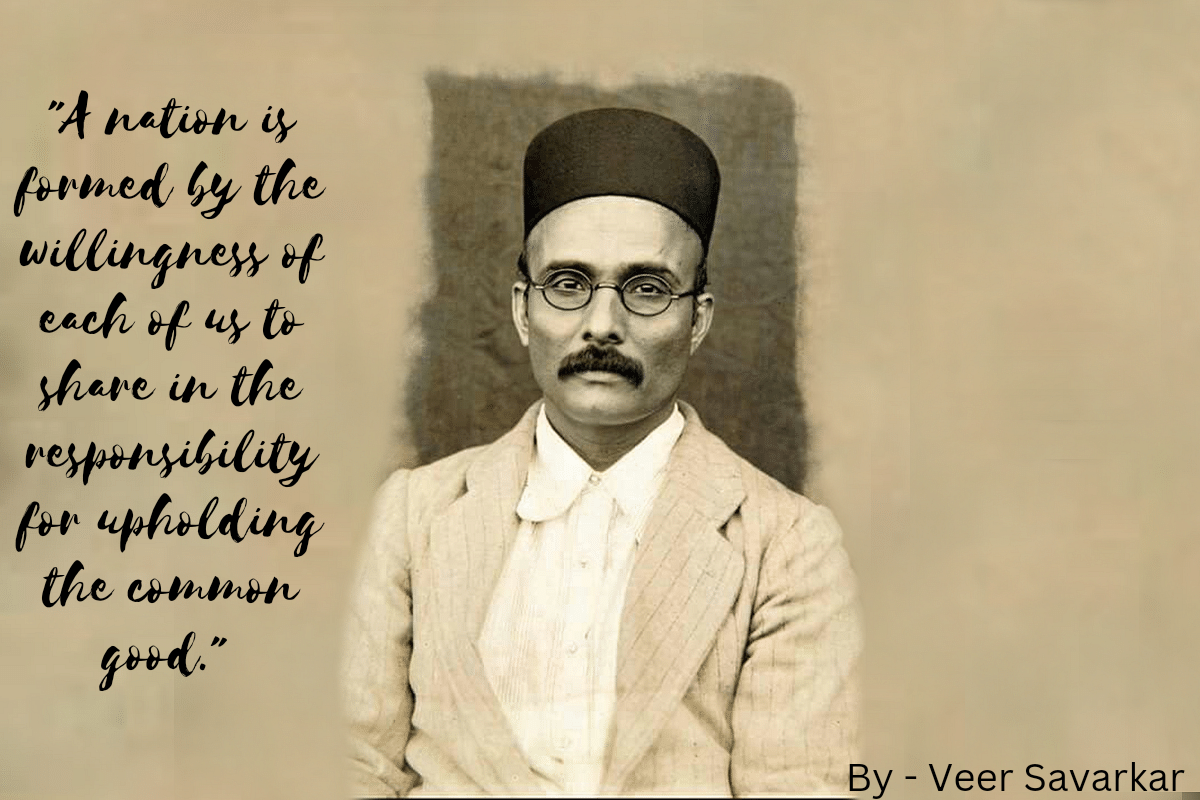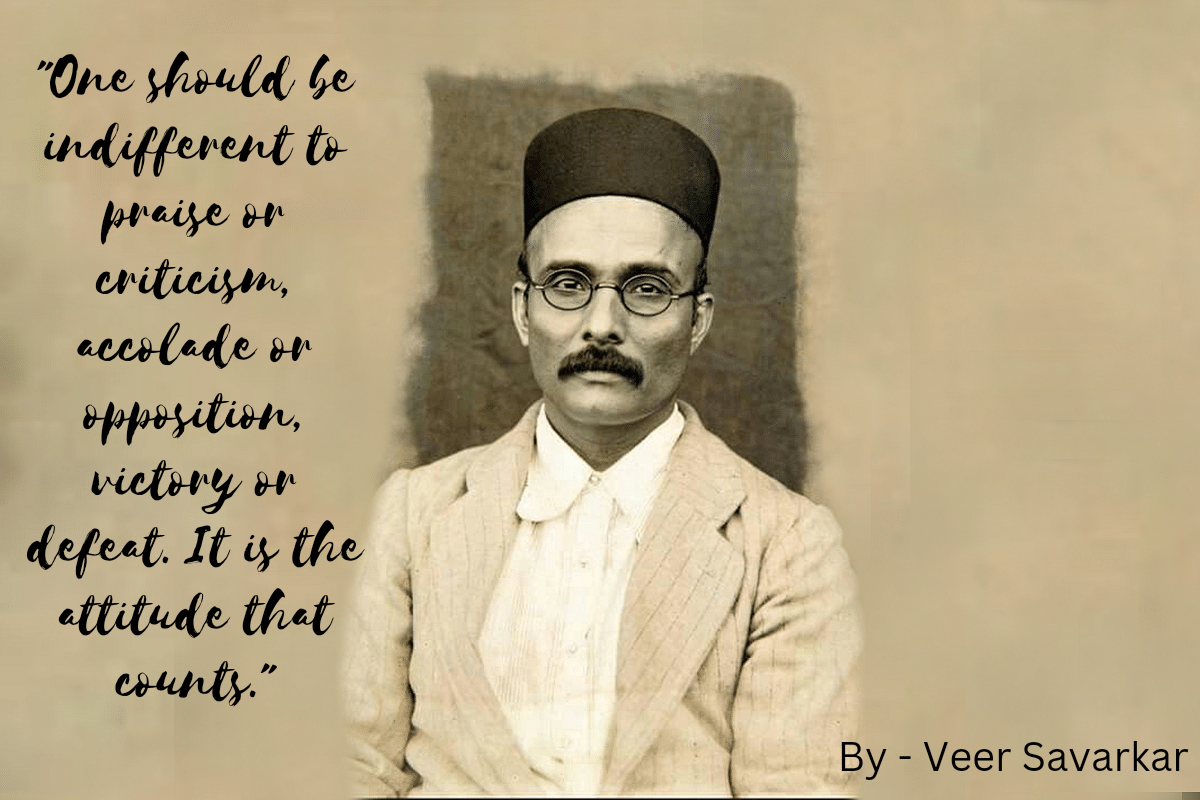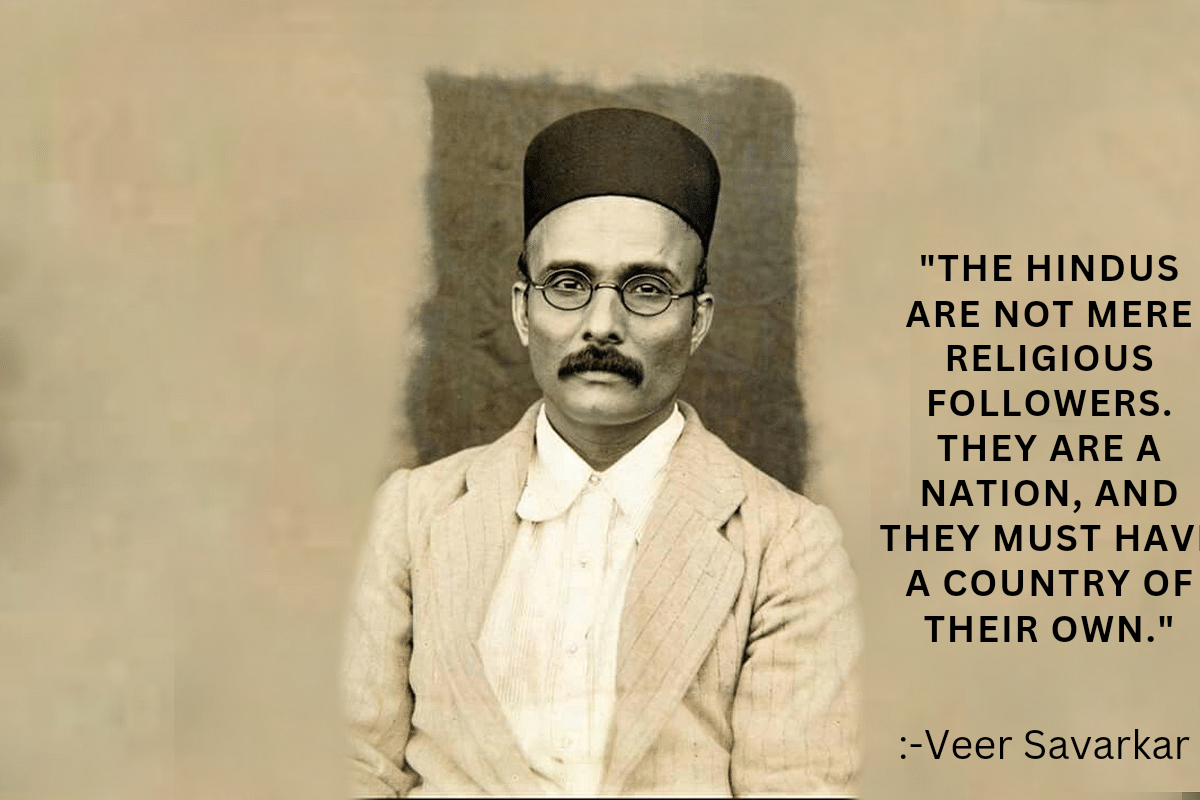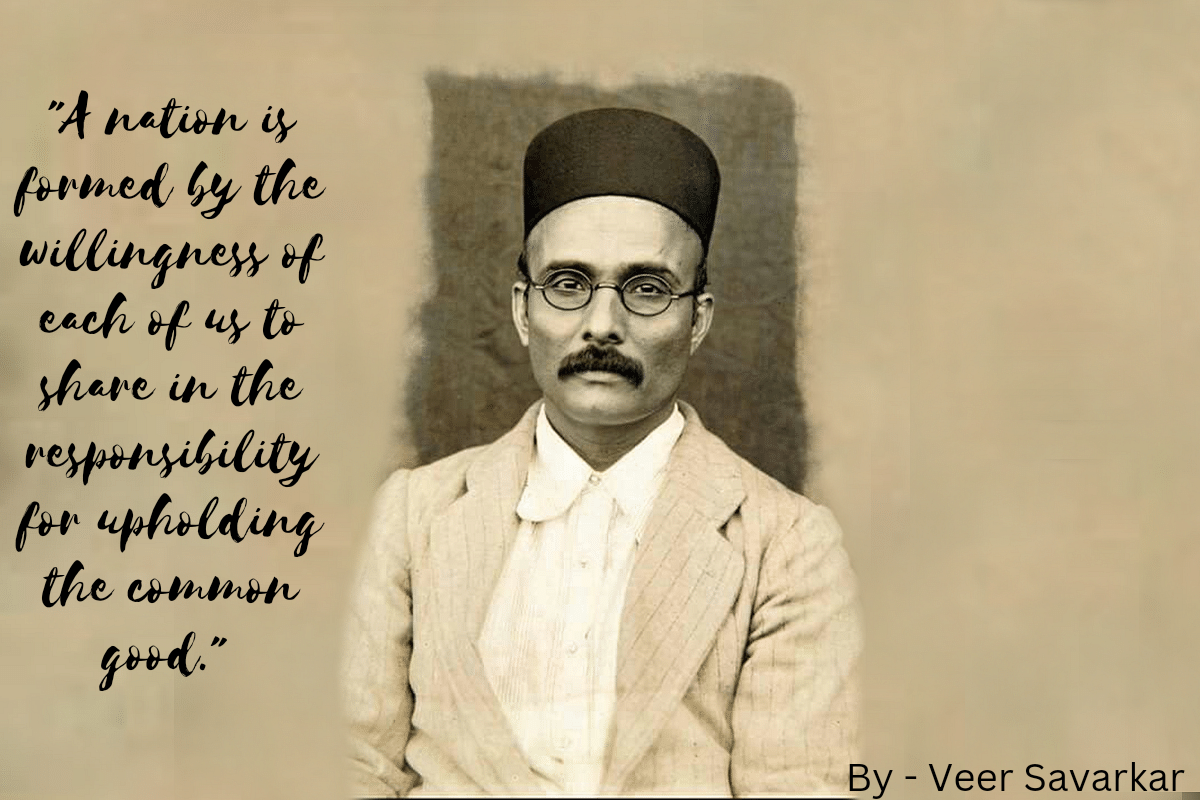American poet, memoirist, and civil rights advocate Maya Angelou was born Marguerite Annie Johnson on April 4, 1928. Her writings, which are a reflection of the resiliency and strength of the human spirit, are a product of a life journey that was defined by many hardships and victories.
1. “I’ve learned that people will forget what you said, people will forget what you did, but people will never forget how you made them feel."
Maya Angelou emphasised the value of kindness, empathy, and the enduring effects of our relationships with others throughout her life. Her remarks serve as a gentle reminder to be aware of how we treat others and the imprints we make on their hearts.
2. “You may not control all the events that happen to you, but you can decide not to be reduced by them.”
Maya Angelou’s life was filled with challenges, including childhood trauma, racism, and gender discrimination. However, she believed in the power of personal choice and resilience. Her quote encourages us to rise above our circumstances and define our responses to life’s adversities.
3. “If you don’t like something, change it. If you can’t change it, change your attitude.”
In this simple yet profound statement, Maya Angelou empowers us to take charge of our lives and attitudes. When faced with unfavorable situations, she teaches us that we have the power to make a change, even if it means altering our perspective.
4. “Prejudice is a burden that confuses the past, threatens the future, and renders the present inaccessible.”
As an activist, Maya Angelou fought against racial prejudice and discrimination. She understood the heavy toll that prejudice takes on individuals and societies, hindering growth, unity, and progress.
5. “You may encounter many defeats, but you must not be defeated. In fact, it may be necessary to encounter the defeats so you can know who you are, what you can rise from, how you can still come out of it.”
Throughout her life, Maya Angelou experienced setbacks and challenges. Yet, she saw these moments as opportunities for growth and self-discovery. Her words remind us that resilience is built through adversity and that we can emerge stronger from life’s defeats.
6. “My mission in life is not merely to survive but to thrive, and to do so with some passion, some compassion, some humor, and some style.”
Maya Angelou’s life philosophy was to embrace life fully, finding joy, love, and laughter even in difficult times. Her quote serves as a reminder to seek a life of purpose and to embrace the richness of human experiences.
7. “We may encounter many defeats, but we must not be defeated.”
This powerful quote encapsulates Maya Angelou’s unwavering determination to persevere despite obstacles. It emphasizes the importance of tenacity and the refusal to give up, even in the face of adversity.
8. “Hate, it has caused a lot of problems in the world, but has not solved one yet.”
As an advocate for peace and unity, Maya Angelou highlighted the destructive nature of hatred and the need to find solutions through understanding, empathy, and dialogue.
9. “You are enough. You are a child of God. You are wonderfully made. Your works are wonderful, and I know this very well.”
Maya Angelou’s words remind us of our inherent worth and uniqueness as individuals. She encouraged self-love and acceptance, urging us to recognize our greatness within.
10. “Nothing can dim the light that shines from within.”
Maya Angelou’s writings often centered on themes of self-empowerment and inner strength. This quote emphasizes the resilience and inner light that can withstand the darkness of life’s challenges.
11. “The truth is, no one of us can be free until everybody is free.”
Maya Angelou understood the interconnectedness of humanity and advocated for collective liberation. This quote reflects her commitment to fighting for justice and equality for all.
12. “I’ve learned that making a living is not the same thing as making a life.”
In a society that often prioritizes material success, Maya Angelou reminds us of the importance of cultivating a meaningful and purposeful life beyond material achievements.
13. “The desire to reach the stars is ambitious. The desire to reach hearts is wise.”
Maya Angelou’s writings touched the hearts of millions worldwide. This quote speaks to the profound impact of connecting with others on a deeper emotional level.
14. “A wise woman wishes to be no one’s enemy; a wise woman refuses to be anyone’s victim.”
Maya Angelou was a trailblazer for women’s rights and empowerment. This quote highlights the strength and wisdom of rising above victimhood and choosing to be a force for positive change.
15. “Love recognizes no barriers. It jumps hurdles, leaps fences, penetrates walls to arrive at its destination full of hope.”
In matters of love, Maya Angelou celebrated its boundless nature, capable of overcoming any obstacles. Her words celebrate the resilience and transformative power of love.
16. “Success is liking yourself, liking what you do, and liking how you do it.”
Maya Angelou redefined success beyond societal norms, emphasizing the importance of self-approval and genuine satisfaction with one’s endeavors.
17. “The need for change bulldozed a road down the center of my mind.”
Maya Angelou acknowledged the inevitability and necessity of change. Her quote speaks to the transformative power of embracing new perspectives and evolving.
18. “I don’t trust people who don’t love themselves and tell me, ‘I love you.’ … There is an African saying which is: ‘Be careful when a naked person offers you a shirt.'"
Maya Angelou emphasized the importance of self-love and authenticity in relationships. This quote encourages us to be discerning about the intentions of others and the sincerity of their expressions of affection.
19. “There is no greater agony than bearing an untold story inside you.”
As a writer and poet, Maya Angelou knew the importance of expressing one’s truth. This quote reflects the emotional burden of suppressing personal stories and the liberating power of sharing them.
20. “I can be changed by what happens to me. But I refuse to be reduced by it.”
This remark reflects Maya Angelou’s fortitude and refusal to let her difficulties define her. It acts as a reminder that we have the capacity to develop and advance as a result of the events of life.
People from many walks of life are still motivated by Maya Angelou’s teachings to accept hardship, uphold harmony, and find resilience in the face of adversity. She made a significant contribution to literature, civil rights, and human consciousness, and her legacy will live on for many years to come.



